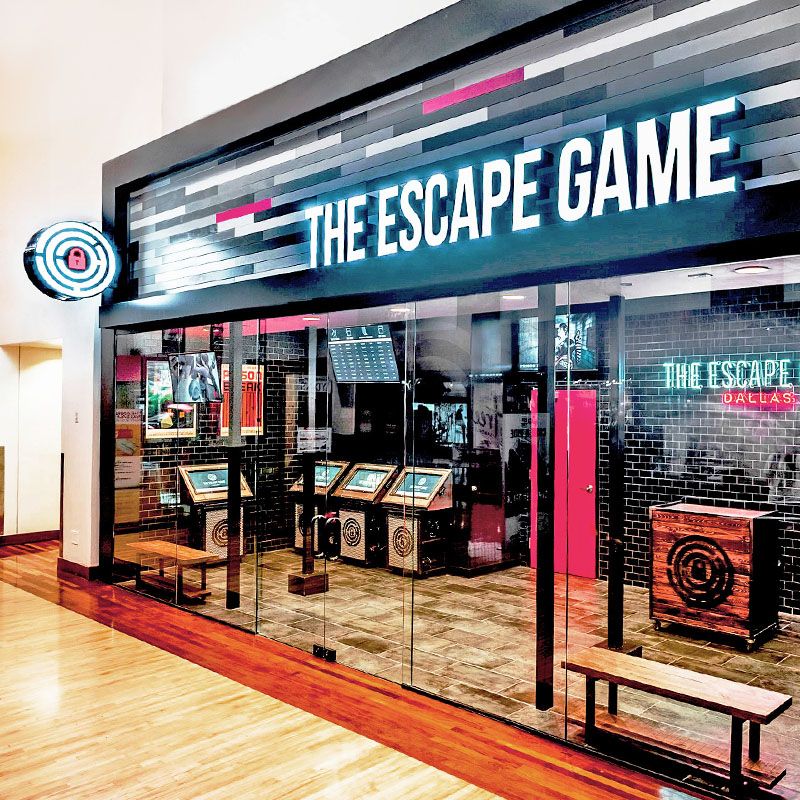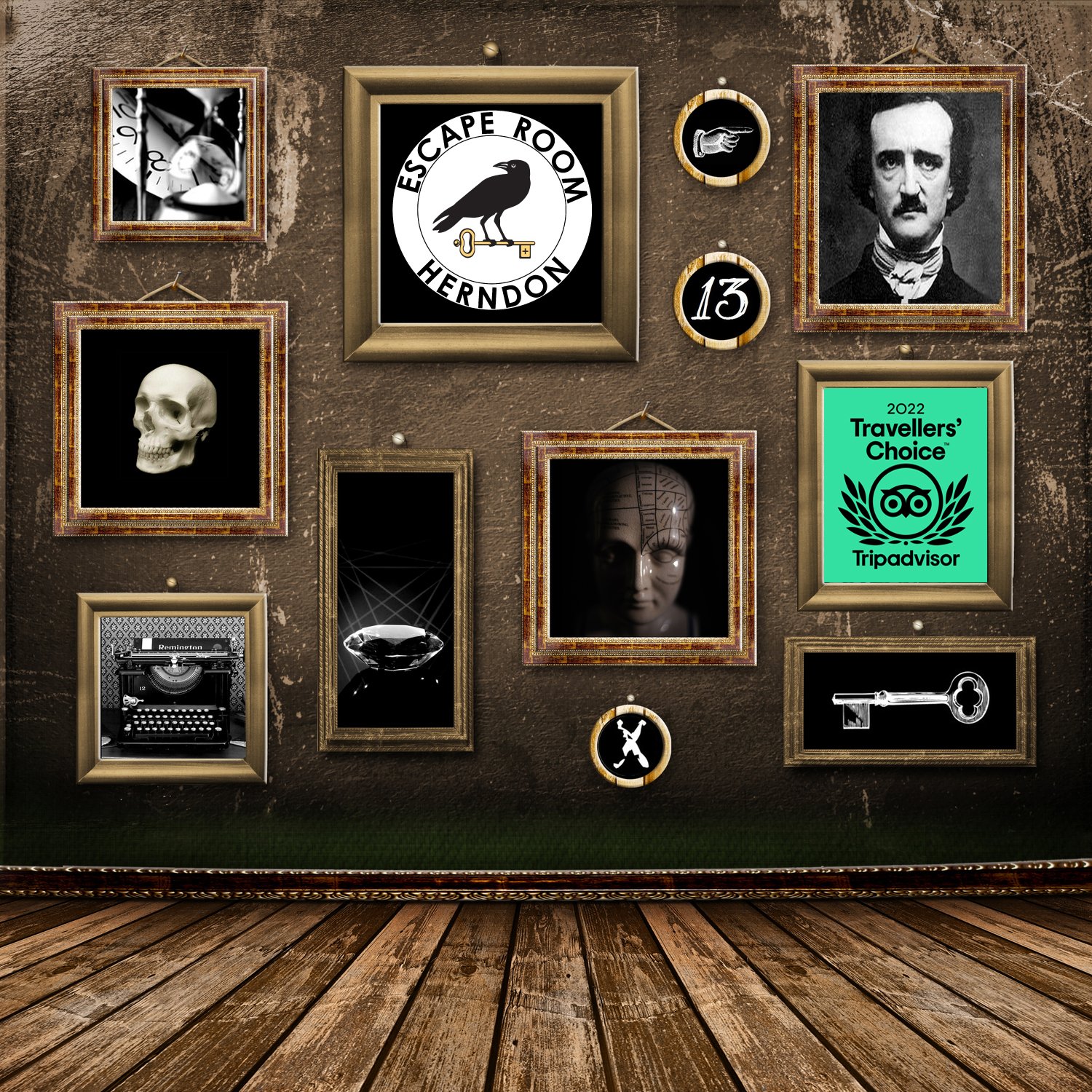Group Approaches: Just How to Team up Successfully in a Getaway Space
Navigating the intricacies of a getaway area requires greater than simple enthusiasm; it needs a well-coordinated method based in clear interaction, tactical role tasks, and proficient time monitoring. Groups should actively listen to every participant's understandings, assign functions that line up with private strengths, and keep routine check-ins to guarantee emphasis and protect against redundancy. By fostering an environment that values communication and adaptability, groups can considerably heighten their effectiveness and success rates. The nuances of these methods can change the experience, but just how exactly can they be applied to maximize the capacity for success?
Establish Clear Communication

To promote clear communication, it is essential to mark a main point of call for information dissemination. Short, focused updates from each team member can keep the group educated without frustrating them with details.

Designate Roles Strategically
While clear communication establishes the structure for reliable synergy, assigning functions purposefully guarantees that each team member's strengths are made use of successfully. In an escape room situation, the time-sensitive and complex nature of difficulties requires an efficient approach to task delegation. By recognizing and leveraging private competencies, teams can maximize their problem-solving abilities and boost overall efficiency.
A person with an eager eye for information may succeed in finding hidden items, while a logical thinker could be much better suited to addressing problems. This function often calls for solid organizational and interpersonal skills.
2nd, make certain that functions are versatile and adaptable. As new obstacles arise, the team should be able to pivot, reallocating tasks as needed. This adaptability helps preserve momentum and prevents bottlenecks that could happen because of stiff role assignments.
Inevitably, a tactical strategy to duty job not only optimizes the strengths of each employee however additionally fosters a natural setting, driving the team towards a successful escape.
Make Use Of Diverse Abilities
Recognizing and using the diverse skills within your group can substantially boost your this contact form performance in a getaway area. Each group participant brings distinct strengths to the table, and successfully leveraging these capacities can accelerate problem-solving and improve general performance. A team participant with strong analytical skills may succeed at analyzing complex codes or patterns, while one more with eager observational capabilities may promptly detect concealed hints that others may overlook.
Urge group members to articulate their insights and ideas immediately, guaranteeing that all potential services are considered. Furthermore, designating jobs that straighten with each member's staminas can avoid traffic jams and make certain that progress is continual.
In addition, diversity in skills frequently translates to diversity in believing styles, which is very useful in a retreat space setup. While some obstacles might require rational reasoning and accuracy, others may gain from creative and association of ideas. By identifying and leveraging this diversity, teams can attend to a wider range of difficulties more successfully, thus increasing their possibilities of an effective getaway.
Manage Time Properly

First, assign initial mins for a fast study of the space. Identify noticeable challenges and divide jobs based upon staff member' strengths, ensuring that find out this here nobody is idle. Establish internal time checkpoints to assess progress regularly; as an example, aim to have half the problems fixed by the mid-point of the video game. This method can help keep the team focused and prevent time from escaping unnoticed.
In addition, prevent one-track mind. If a puzzle is taking as well long, rotate employee or proceed to one more challenge, returning later on with fresh point of views. Interaction is critical-- keep everyone upgraded on resolved puzzles and continuing to be tasks to prevent redundant efforts.
Lastly, use any kind i was reading this of hints or ideas sparingly yet purposefully - best escape room. Understanding when to request for help can conserve valuable time. By sticking to these time management concepts, teams can significantly boost their possibilities of an effective and pleasurable retreat space experience
Debrief and Reflect
Representation is an important facet of group advancement and renovation in the context of retreat rooms. Once the obstacle is finished, whether efficiently or otherwise, it is important for the team to take part in an organized debriefing session. This procedure allows staff member to examine their performance, identify strengths, and determine areas for improvement.
Start the debrief by reviewing what worked out. Highlight particular circumstances of reliable interaction, problem-solving, and partnership. Acknowledging these positive actions enhances them and encourages their rep in future obstacles.
Review moments of confusion, miscommunication, or ineffective techniques. Encourage an open and positive discussion where group members can share their perspectives without anxiety of criticism.
Conclusion
In verdict, successful cooperation in a getaway space is based upon clear interaction, critical role assignments, the efficient utilization of varied skills, and skilled time monitoring. Normal check-ins and organized debriefings are vital for preserving emphasis and promoting continuous enhancement. By developing a natural and flexible team atmosphere, the chance of efficiently resolving problems and achieving the objective of running away the area is substantially boosted. This strategy not just makes certain success yet also advertises cumulative growth and learning.